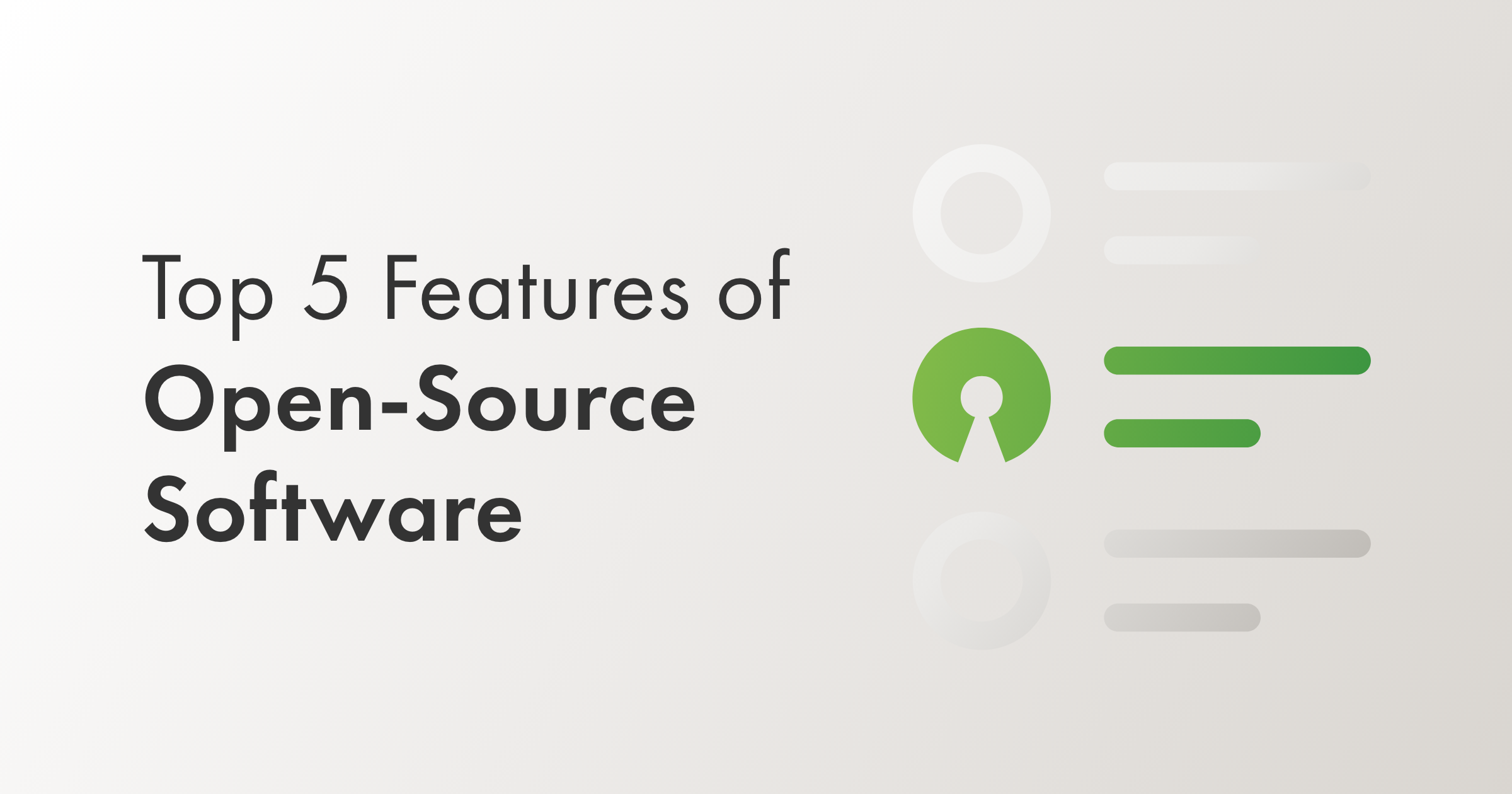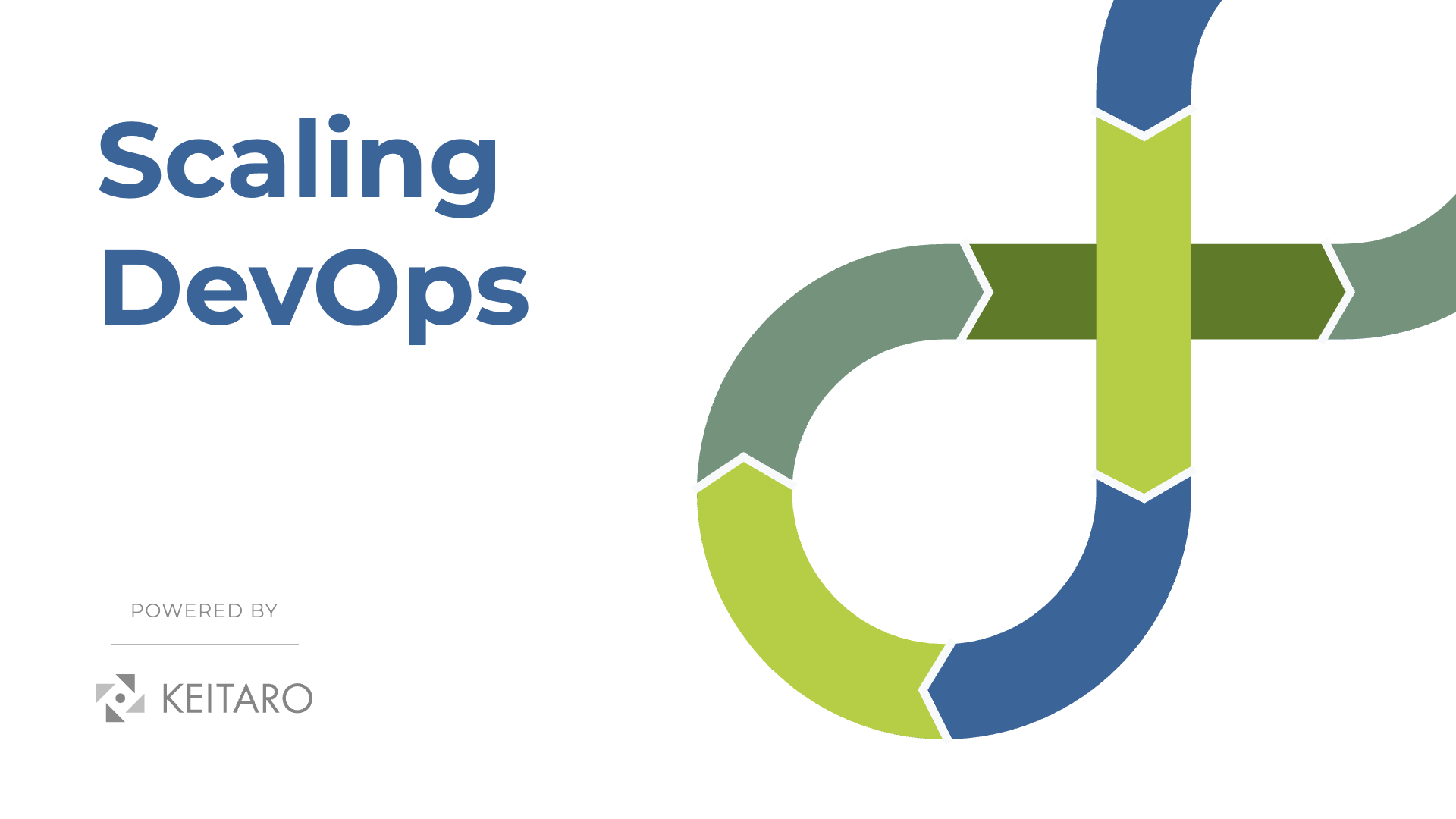In this competitive digital era, open-source software is becoming not only a favourite but also a necessity of tech organizations and programmers. Being free to access, modify, and distribute, open-source software permits organizations to use the software for any purpose. Users and developers can redesign the source code, omit parts of the code, add new functionalities, or make it more secure and stable without having to consider copyright issues. Hence, not only is it cost-efficient but it also lets organizations have complete control over the software. Following are the top 5 features of open-source software that make its use so attractive to so many organizations:
Innovation
Open-source software helps facilitate more rapid innovation as it encourages the sharing of resources and information that in turn support more technical development. Such software encourages the collaboration of ideas, resources, and data which has contributed to many of the most essential tech developments of our generation. Indeed, open source code is increasingly incorporated into many other software products, allowing developers to save time and effort by leveraging code developed by others. Moreover, it also helps the software and the code to evolve, improve, and remain relevant while enabling more tech endeavours.
Freedom
One of the key benefits of open source software is that it is a platform where programmers are provided with freedom at no substantial cost. With open-source software, organizations and programmers can operate and use the source code in whatever way they want. Moreover, they can study the software and curate it according to their requirement for more effective computing.
Apart from the original version of the software, users also have the opportunity to help other developers and programmers to utilize the open-source software by further redistributing the modified copy.
Integrity
Since the source code of proprietary, close-sourced software cannot be modified or redesigned, it poses a potential threat of security breaches to those using it. However, with open source software, organizations have the liberty to analyze the code and make changes to it by adding security-based codes to the software.
Furthermore, the users of open source software have a large user community who collectively identify and tackle any issues or security vulnerabilities in the software with the help of beta testers for a safer experience. Open source thereby benefits from many eyes and hands.
Continuity
A major reason why organizations prefer to utilize and optimize open-source software is because of the business continuity it provides them. According to 67% of IT experts in EMEA, open-source software is more efficient and performs better in business continuity than proprietary software. By being readily available and accessible, companies do not have to delay operations to construct and code software from scratch, which saves time and cost, while enhancing employees’ effectiveness.
Giving Back to the Community
Open-source software is beneficial to many people. Individual programmers can utilize the accessible software as a learning medium to improve their coding skills. Moreover, businesses make use of it and modify it for the development of their own services and technology, redistributing the modified versions to other developers to continue the chain. Consumers and society as a whole benefit from the improved and refined technology and commodities that are created due to the flexibility of open data and open-source software.
Final Thoughts
In conclusion, open-source software is one of the most important tools available to the tech industry and businesses in general. From whichever angle you view it, open-source software has plenty of benefits that positively impact society, while also helping to enable more top-notch technologies development.



